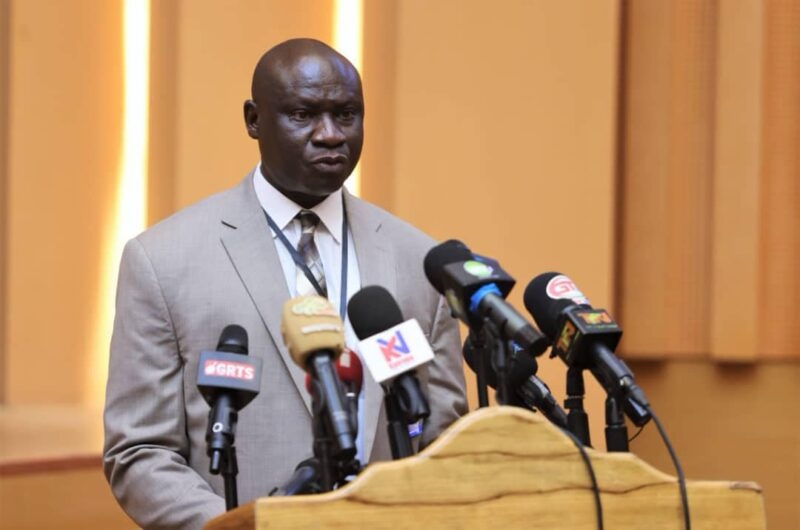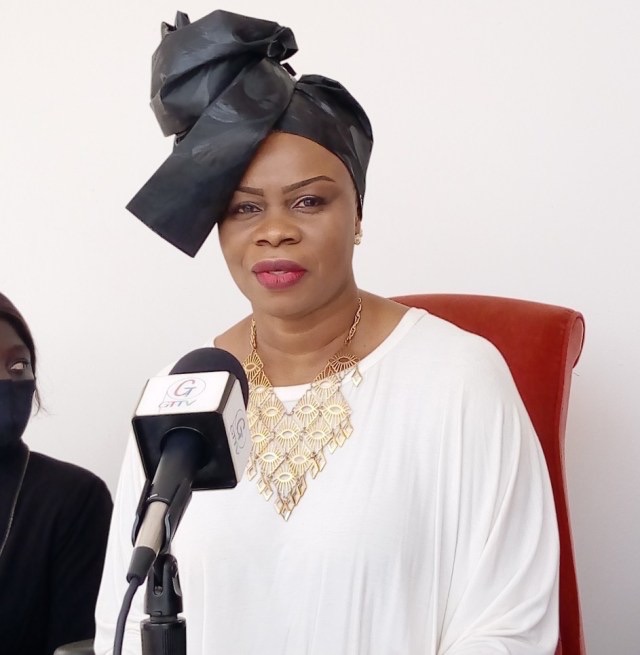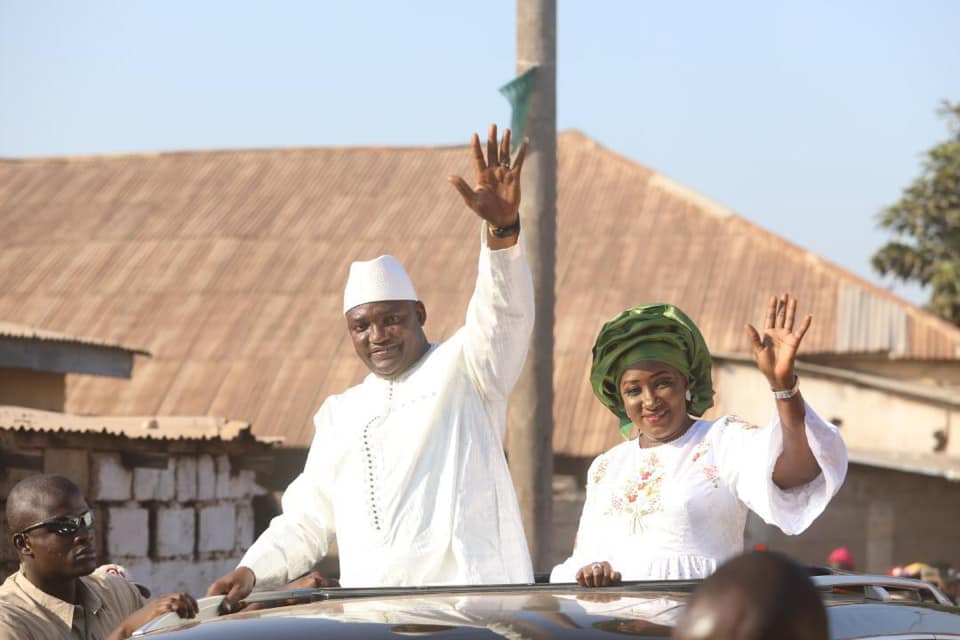By Nyima Sillahy
Buah Saidy, the Governor of the Central Bank of the Gambia has stated that the Gambian economy continues its strong recovery path. This, he says, isaided by robust consumer demand, recovery in tourism, and buoyant public and private sector investments.
Mr. Saidy made the above revelations during the latest meeting of the Monetary Policy Committee (MPC) of the Central Bank of The Gambia (CBG) held onThursday.
According to him, the Bank’s Composite Index of Economic Activity (CIEA) indicates a growth of 6.6 percent in the third quarter of 2023, higher than the 5.2 percent recorded in the previous quarter.
He pointed out that CBG staff forecast economic growth at 5.3 percent for 2023, representing a 0.2 percentage point upward revision from the August 2023 forecast.
He said the revision reflects a stronger-than-expected rebound in tourism, better cropping season, and robust public and private consumption and investment.
However, he said significant headwinds remain, tilting the risk to growth outlook to the downside, adding that key risks to the outlook include elevated inflation, uncertainties surrounding global commodity prices, and structural bottlenecks in the domestic economy.
According to him, the results from the Central Bank’s latest Business Sentiment Survey revealed that sentiments among businesses have slightly moderated in the current quarter.
‘’Most participants anticipate higher business activity over the next three months at the firm level, they are uncertain about the overall near-term outlook for the economy.’’
Governor Saidy stressed that the near-term inflation expectations remain high, as survey respondents foresee a further rise in inflation in the next three months.
He further said the provisional balance of payments estimates for the third quarter of 2023 indicate that the deficit in the current account balance moderated when compared to the preceding quarter.
“The deficit narrowed to US$51.5 million (2.5 percent of GDP), compared to US$91.1 million (4.6 percent of GDP) recorded in the preceding quarter. During the same period, the deficit in the goods account moderated to US$213.4 million (10.3 percent of GDP), from US$ 262.2 million (12.7 percent of GDP) in the second quarter of 2023. The improvement in the goods account reflects the decline in imports of electricity, although export growth also moderated somewhat during the reviewed period,” he said.
Governor Saidy stated that the foreign exchange market continues to be stable with robust activity amid improved liquidity conditions.
He disclosed that total volumes of activities, measured by total sales and purchases of foreign currencies, stood at US$2.1 billion from January to September 2023, slightly lower than US$2.5 billion recorded in the corresponding period in 2022.
He further disclosed that from January to September 2023, remittance inflows amounted to US$564.1 million, representing a 4.5 percent increase when compared with the corresponding period a year ago.
“The dalasi continues to be relatively stable against major currencies, despite the challenging global environment. However, owing to excessive demand for foreign currencies to finance the rising import bill, the dalasi depreciated moderately against three major traded currencies. From June to September 2023, it depreciated by 2.7 percent, 2.3 percent, and 0.1 percent against the 4 US dollar, Euro, and CFA, respectively, but appreciated by 1.5 percent against the British Pound Sterling,” he pointed out.
He stated that the Central Bank continues to hold comfortable level of foreign exchange reserves, totaling US$389.1 million as of end-September 2023, which is sufficient to cover over 4 months of prospective imports of goods and services.
Governor Saidy said provisional data on government fiscal operations for the first nine months of the year showed that the overall deficit (including grants) slightly narrowed from D5.4 billion (4.4 percent of GDP) to D5.3 billion (3.6 percent of GDP) at the end September 2023.
“Total revenue and grants mobilized from January to September 2023 amounted to D18.3 billion (12.4 percent of GDP), which represents an increase of 21.3 percent (year-on-year). Total expenditure and net lending for the first nine months of 2023 increased to D23.6 billion (16.0 percent of GDP), from D20.5 billion (16.7 percent of GDP) in the first nine months of 2022.’’
‘’The increase in government expenditure during the period was on account of the rise in spending on personnel emoluments, interest payments, goods and services, and development expenditures that were largely externally financed,” he added.





